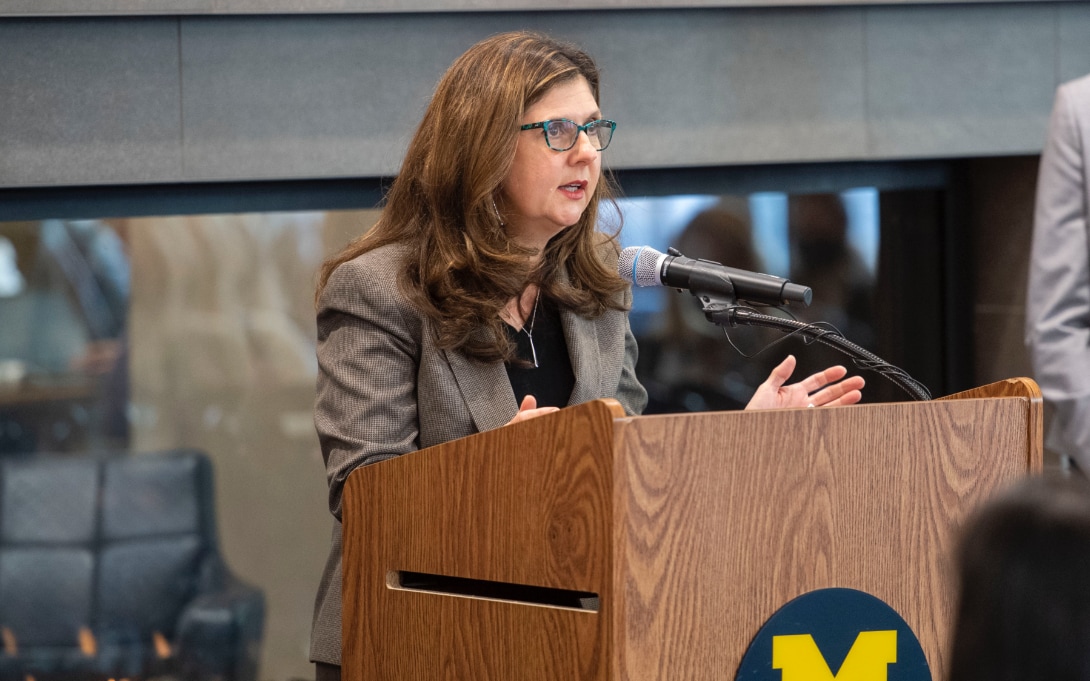
Betsey Stevenson's commentary in Bloomberg this week highlights what happens when businesses make it hard for consumers to find low prices. Often, consumers don't have the time or energy to negotiate for discounts or insist on a refund and end up paying a higher price. Stevenson argues that this isn't merely traditional price discrimination but rather exploitative rent-seeking practices that diminish consumer trust and harm the economy.
The costs of this hassle-driven economy aren’t limited to Americans’ wallets. They are fraying the very fabric of society. When companies rely on making life more difficult for consumers as a path to profitability, they undermine confidence in the system and foster cynicism. And that has led Americans to become less trusting and more adversarial — not just in their interactions with businesses, but in their relationships with one another and with government.
Stevenson suggests that for a healthier, more efficient economy, both government and corporations must play a role. Governments should cut unnecessary red tape and simlify interactions with citizens., while corporations need to eliminate practices designed to "wear down the consumer until they capitulate." Populist economic policies can help rein in these practices.
She concludes, "In the end, reducing the bureaucratic burdens imposed by both the public and private sectors isn’t a trade-off — it’s an investment in a better future."
